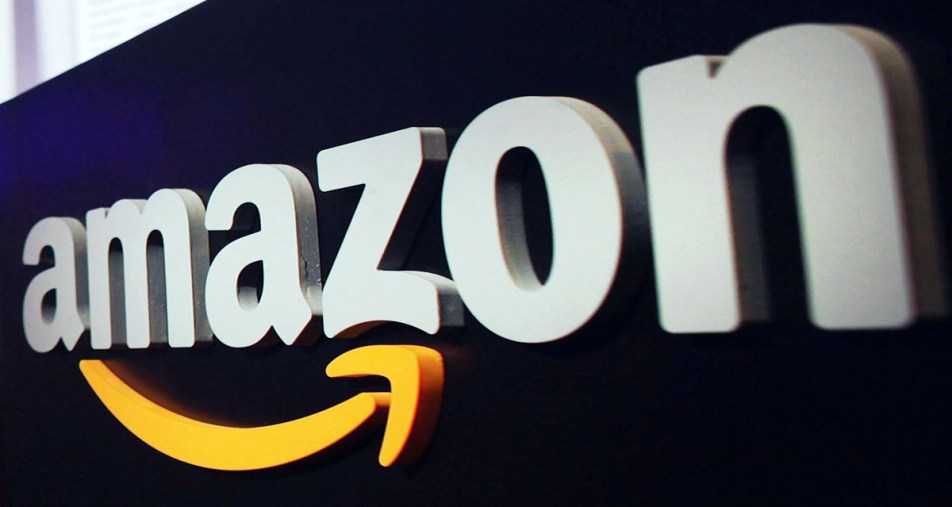
How to invest in Amazon shares. It is worth it?

- The company’s shares reached all-time highs in 2020 at the height of the coronavirus crisis
- In 2019, Amazon became the most valuable brand in the world, according to a ranking made by Kantar
- Since the beginning of 2020, the company’s shares have appreciated by just over 20%
(Isadora Rupp/ Special for E-Investor) – In the initial 90 days of the pandemic caused by the new coronavirus, Brazil recorded a 71% increase in internet sales, according to data from the Compre&Confie movement. Those who did not operate online had to rush to find a way and earn some income during periods of social isolation. Structured e-commerce saw its sales explode, especially the big bigtechs, especially Amazon, which grew during the pandemic and saw its shares appreciate more than 20% since the beginning of 2020. Its CEO and founder, Jeff Bezos saw its fortune increase from US$65 billion to US$179 billion. A growth of 58%, according to calculations by the American for Tax Fairness (ATF), which used data from Forbes in the analysis.
Founded in 1994 by Bezos, who, before that, worked for almost 10 years on Wall Street, e-commerce started out focused on selling books. Today, Amazon is transnational: it operates in 15 countries (in Asia, Europe, North America, South America and Oceania) and operates a wide range of products within e-commerce, in addition to developing cloud computing, artificial intelligence and streaming . It is also pleasing that Amazon delivery is extremely fast, one of the factors that delight customers.
Understanding the importance of identifying customer behavior long before competitors is one of the factors that helped Amazon become a giant within bigtechs. Anyone who has one of its most famous products – the Kindle, a digital reader launched in 2007 – knows how accurate the algorithm is in creating connectivity with the customer and, consequently, boosting sales. Creating new products and areas of activity – such as Amazon Prime Video, a streaming service that also offers advantages for e-commerce purchases – is another strong feature.
Another factor that allowed Amazon to gain an advantage during the pandemic was the fact that it owns the Whole Food Market supermarket chain. The company even had to create a waiting list for new customers who wanted to shop online, due to such demand.
Retail of the future
The union of technology and retail is what makes Amazon unbeatable and promising to investors. The complex logistical structure, with many product warehouses, employees and trucks, is a good indication for investors, says investment analyst Ernani Reis, even if it is an expensive operation. “The market continues to follow in Amazon’s footsteps. Many companies in Brazil have been inspired by her path.”
Bezos’ positioning in the face of the pandemic, which has highlighted the organization’s efforts to maintain operations in the safest way possible, has been impacting the market in a positive way. And not even Amazon’s involvement in episodes involving employees at the company’s warehouses, who protested when there was contamination and even deaths of workers from Covid-19, affected performance. In January, one Amazon share was worth $1,892. Today, it is at US$2,961, having reached an all-time high on July 10, when it reached US$3,200. Not bad for someone who started on the Stock Exchange in 1997, with shares trading at US$18.
Investment strategist Marco Saravalle believes that companies with a leading edge in retail, such as Amazon, should continue to present good results in the market in the short term. “She is knowing how to surf the wave of social distancing very well, and should emerge stronger from this period. It has shown itself to be very resilient and creative in responding to this new moment we are living in. Amazon and other bigtechs also have a lot of cash and must repurchase shares. Which supports the price level and brings appreciation.”
How to invest?
There are two ways to become a shareholder in the giant Amazon while in Brazil: through BDRs (Brazilian Deposit Recipts), certificates issued in Brazil that represent shares in companies abroad, or by opening an account with a brokerage abroad. The second option is more viable for those who have less capital to invest, as BDRs are only allowed for qualified investors, who have more than R$1 million in investments or are professionals.
In Marco Saravalle’s opinion, the most interesting strategy for Brazilians is to opt for funds that follow the American stock market, or that comprise several technology stocks. “We Brazilians are unlikely to be strategists who understand Amazon, Google or others well. My recommendation is to do this diversification, to mitigate the risk.”



